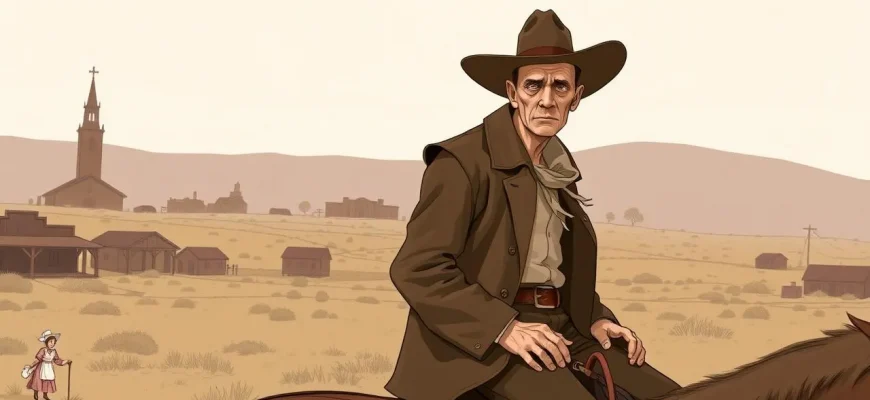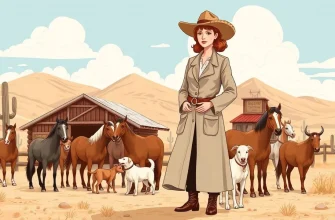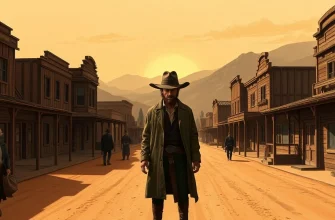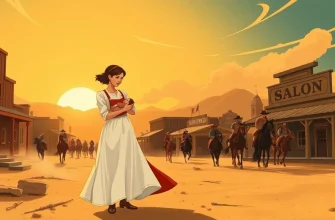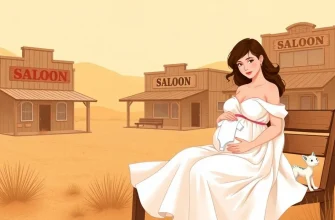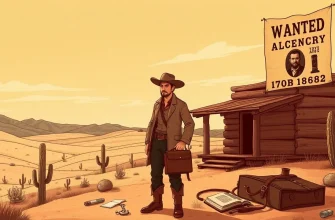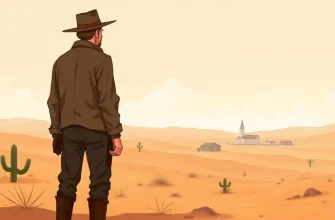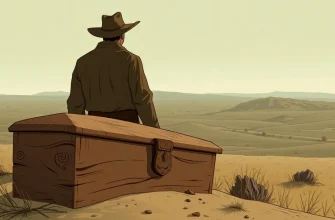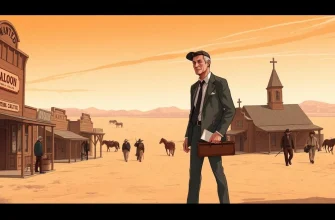The Wild West is often portrayed as a place of rugged individualism, lawlessness, and adventure. However, beneath the surface of these tales, there are stories of human vulnerability, particularly through the lens of illness. This curated list of Western films delves into narratives where disease, injury, or mental health issues are central to the plot, offering a unique perspective on the genre. These films not only entertain but also provide a deeper understanding of the human condition in the harsh frontier environment.
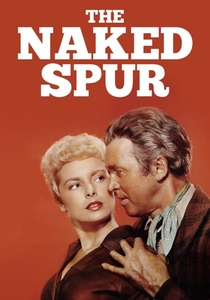
The Naked Spur (1953)
Description: The psychological strain and moral illness of the characters are central to this tense, character-driven Western.
Fact: This film was one of the first to explore the psychological depth of its characters in the Western genre.
 Watch Now
Watch Now
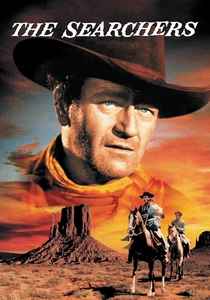
The Searchers (1956)
Description: Ethan Edwards' obsessive search for his niece is driven by a psychological illness, showcasing the mental toll of revenge and isolation.
Fact: John Wayne's character, Ethan, was originally written to be much more explicitly racist, but the script was toned down.
 Watch Now
Watch Now
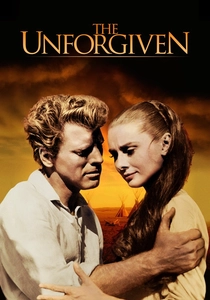
The Unforgiven (1960)
Description: Racial tensions and the psychological impact of prejudice are explored, with illness playing a role in the family dynamics.
Fact: The film was based on a novel by Alan Le May, who also wrote the source material for "The Searchers."
 Watch Now
Watch Now

The Man Who Shot Liberty Valance (1962)
Description: The film explores the myth versus reality, with illness playing a subtle role in the character's motivations and actions.
Fact: This film was one of the last Westerns to be shot in black and white, enhancing its nostalgic feel.
 Watch Now
Watch Now
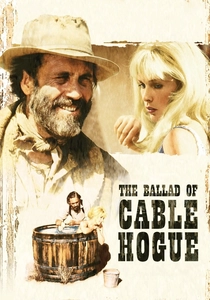
The Ballad of Cable Hogue (1970)
Description: Cable Hogue, a prospector, faces various hardships, including a near-fatal illness, in his quest for survival and redemption.
Fact: Sam Peckinpah, known for his violent Westerns, directed this more comedic and introspective film.
 Watch Now
Watch Now
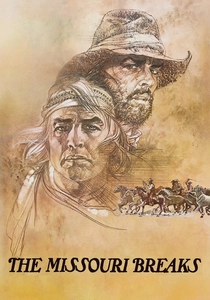
The Missouri Breaks (1976)
Description: While not directly about illness, the film's tension and character development are influenced by the psychological strain of the characters.
Fact: This was the only film to feature both Marlon Brando and Jack Nicholson together.
 Watch Now
Watch Now

The Outlaw Josey Wales (1976)
Description: While not directly about illness, the film features a character with a severe injury, highlighting the physical toll of the frontier life.
Fact: The film was directed by and starred Clint Eastwood, who also did his own stunts despite his character's injuries.
 Watch Now
Watch Now
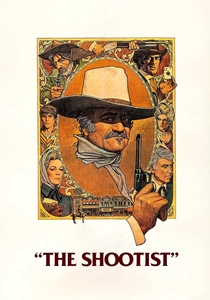
The Shootist (1976)
Description: John Wayne's final film role as a legendary gunfighter diagnosed with terminal cancer, exploring themes of mortality and legacy in the Old West.
Fact: This was John Wayne's last film before his own battle with cancer ended his life. The film was also nominated for an Academy Award for Best Art Direction.
 Watch Now
Watch Now
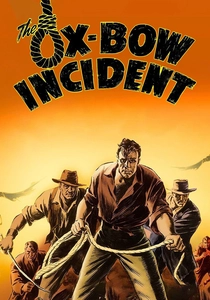
The Ox-Bow Incident (1943)
Description: The film deals with mob justice and the mental illness of a community gripped by fear and vengeance.
Fact: The film was nominated for an Academy Award for Best Picture, despite its dark themes.
 30 Days Free
30 Days Free
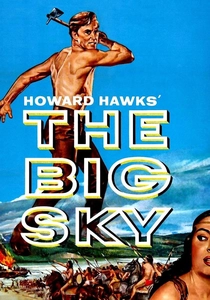
The Big Sky (1952)
Description: The journey up the Missouri River includes encounters with illness and the harsh realities of frontier life.
Fact: The film was shot on location in Montana, providing an authentic backdrop for its story.
 30 Days Free
30 Days Free

